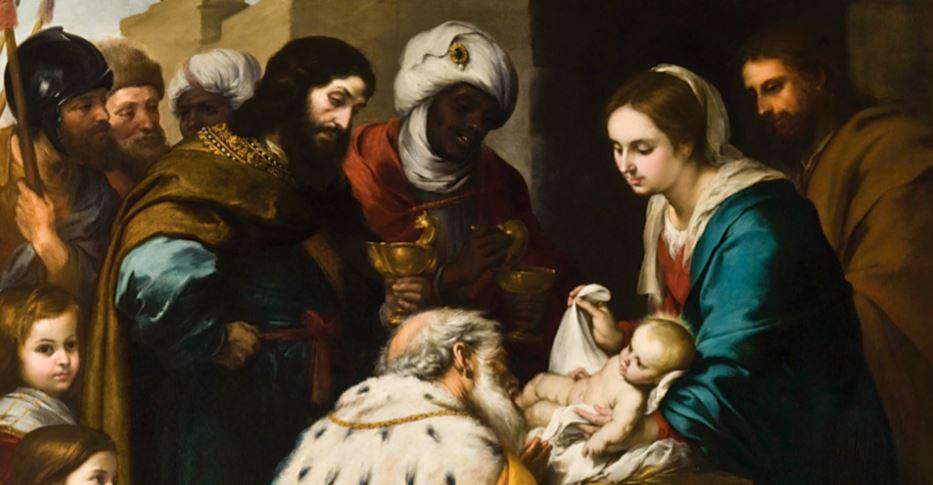
At the heart of the Christmas story rests some crucial lessons worrying free enterprise, federal government, and the function of wealth in society.
Let’s begin with one of the most well-known expressions: “There’s no space at the inn.” This expression is often invoked as if it were a vicious and ruthless dismissal of the worn out tourists Joseph and Mary. Lots of performances of the story conjure up pictures of the couple going from inn to inn only to have the owner barking at them to disappear and slamming the door.
In fact, the inns were complete to overruning in the whole Holy Land because of the Roman emperor’s decree that everybody be counted and taxed. Inns are private services, and consumers are their lifeblood. There would have been no reason to turn away this male of royal lineage and his lovely, expectant bride-to-be.
In any case, the second chapter of St. Luke doesn’t state that they were continually rejected at place after location. It informs of the charity of a single inn owner, maybe the first individual they came across, who, after all, was a businessman. His inn was complete, but he used them what he had: the stable. There is no reference that the innkeeper charged the couple even one copper coin, though offered his rights as a property owner, he definitely could have.
And yet we don’t even know the innkeeper’s name. In two thousand years of celebrating Christmas, tributes today to the owner of the inn are absent. Such is the fate of the merchant throughout all history: succeeding, doing great, and forgotten for his service to mankind. It’s exceptional, then, to believe that when the Word was made flesh with the birth of Jesus, it was through the intercessory work of a private entrepreneur. Without his support, the story would have been really various certainly. Individuals complain about the “commercialization” of Christmas, but plainly commerce existed from the beginning, playing an important and laudable role.
Clearly, if there was a space lack, it was an unusual event and produced through some sort of market distortion. After all, if there had been frequent shortages of spaces in Bethlehem, entrepreneurs would have seen that there were revenues to be made by resolving this methodical issue, and developed more inns.
Carrying on in the story, we pertain to Three Kings, likewise called Wise Guys. Discuss a historic abnormality for both to go together! The majority of kings acted like the Roman Emperor’s local enforcer, Herod. Not only did he purchase individuals to leave their houses and foot the bill for travel so that they might be taxed. Herod was likewise a phony: he told the Wise Men that he wanted to find Jesus so that he might “come and love Him.” In truth, Herod wished to eliminate Him. For this reason, another lesson: you can’t trust a political hack to tell the reality. It was because of a federal government decree that Mary and Joseph, and so many others like them, were taking a trip in the very first location. They needed to be rooted out for fear of the emperor’s census employees and tax collectors. And consider the expenses of slogging all the method “from Galilee, out of the city of Nazareth, into Judea, unto the city of David,” not to mention the opportunity expenses Joseph sustained needing to leave his own service. Thus we have another lesson: government’s usage of coercive determines misshape the marketplace.
Once having found the Holy Family, what gifts did the Wise Men bring? Not soup and sandwiches, but “gold, frankincense, and myrrh.” These were the most uncommon products accessible in that world in those times, and they should have commanded a really high market price.
Far from rejecting them as extravagant, the Holy Family accepted them as gifts deserving of the Divine Messiah. Neither exists a record that suggests that the Holy Family paid any capital gains tax on them, though such presents greatly increased their net wealth. For this reason, another lesson: there is nothing immoral about wealth; wealth is something to be valued, owned independently, given and exchanged.
When the Wise Men and the Holy Family got word of Herod’s strategies to kill the newborn Boy of God, did they send? Not at all. The Wise Guys, being smart, snubbed Herod and “returned another way”– taking their lives in their hands (Herod carried out a furious search for them later on). When it comes to Mary and Joseph, an angel advised Joseph to “take the child and his mother, and fly into Egypt.” In short, they resisted. Lesson number 4: the angels are on the side of those who withstand government.
In the Gospel narratives, the role of private enterprise, and the evil of federal government power, only begin there. Jesus used business examples in his parables (e.g., workers in the vineyard, the parable of the talents) and made it clear that he had actually pertained to save even such reviled sinners as tax collectors.
And simply as His birth was helped with by the owner of an “inn,” the same Greek word “kataluma” is used to describe the place of the Last Supper prior to Jesus was crucified by the federal government. Thus, personal enterprise existed from birth, through life, and to death, providing a refuge of security and performance, just as it has in our time.

